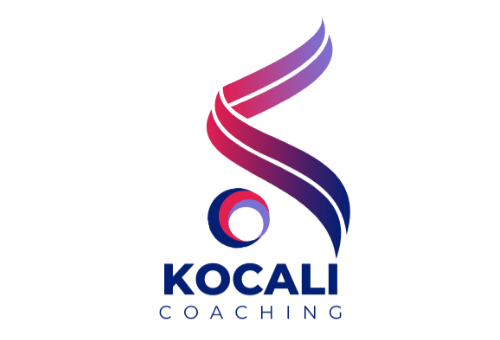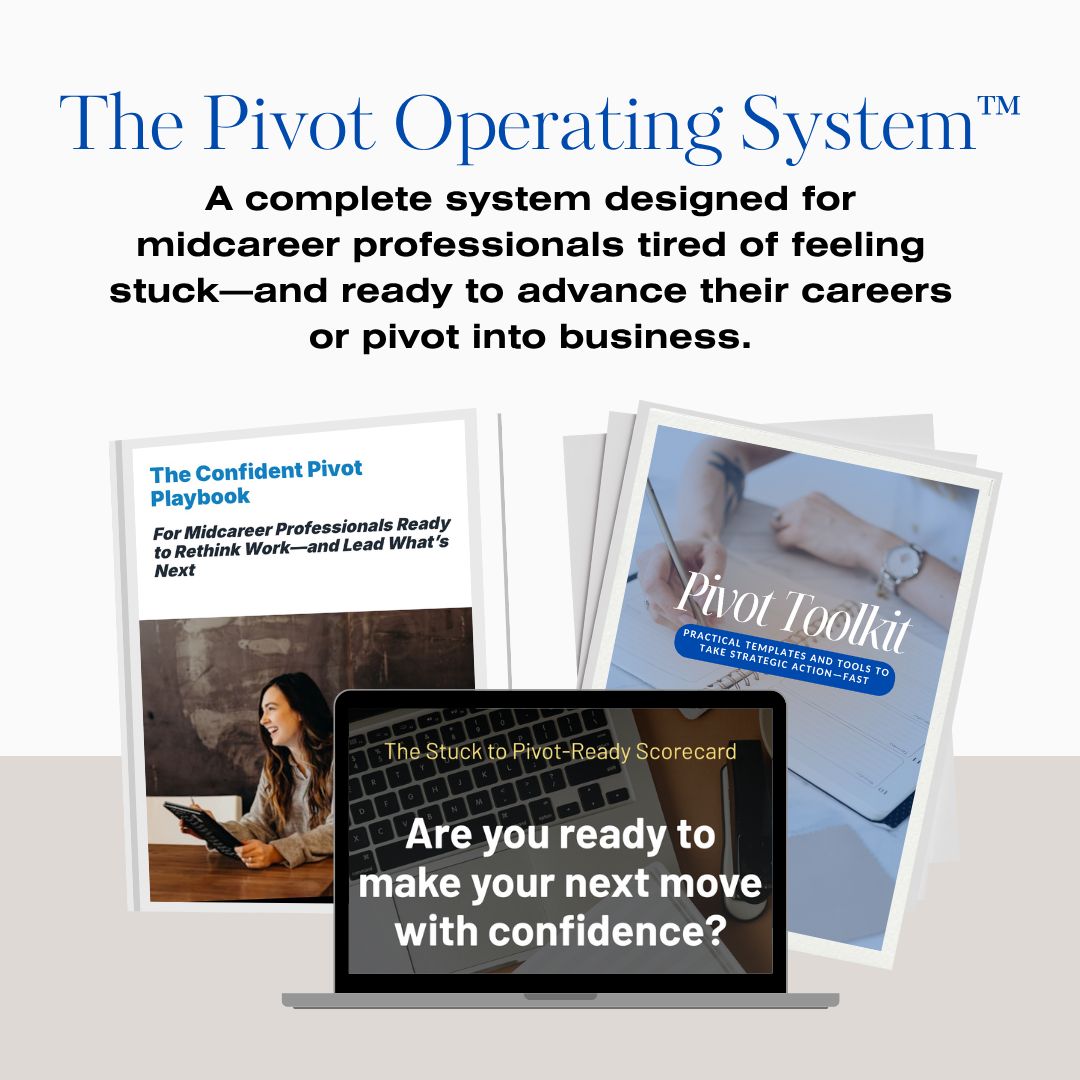Today’s sponsor

A few months ago, I shared a simple framework at a leadership meeting.
Three words: Probe, Synthesize, Commit.
I used it to explain how effective leaders process complex situations differently than everyone else.
Probe beneath surface assumptions. Synthesize seemingly contradictory information. Commit decisively despite uncertainty.
That was it.
Fast forward to today, people still reference it. I get folks telling me they’ve used it or shared it, and some have asked where I learned it.
Here's the thing: I made it up on the spot.
But it stuck because it gave people a mental model - a simple way to organize their thinking about something complex.
You've got to have mental models in your head. If the facts don't hang together on a latticework of theory, you don't have them in a usable form.
Sound powerful?
It is.
Because people don't remember your facts, they remember your frameworks.
Give someone statistics, and they'll forget them by tomorrow.
Give someone a mental model, and they'll use it for years.
Ready to Move Forward In Your Career With Confidence?

If you're a midcareer professional feeling stuck, scattered, or unsure of your next move, this is for you.
The Pivot Operating System™ gives you everything you need to make bold, value-driven career decisions without the second-guessing.
✅ Get unstuck
✅ Build real momentum
✅ Advance your career or pivot into business with a plan, not pressure.
Your frameworks become the shorthand people use to understand and discuss important concepts.
But creating that shorthand doesn't happen by accident.
You need a way to organize your thinking so others can easily remember and use it.
Here's a process that works:
Creating Mental Models That Stick (The FRAME Method):
F - Find the Pattern
R - Reduce to Essentials
A - Anchor with Stories
M - Make it Memorable
E - Extend the Application

Let’s get it.
F - Find the Pattern
Models emerge from recurring observations
Look for what repeats across situations:
What common elements appear in successful outcomes?
What mistakes happen predictably in this domain?
What stages or phases do complex processes typically follow?
What tensions or tradeoffs show up consistently?
What fails: "Every situation is unique and complex."
What works: "I've noticed three patterns that distinguish high-performing teams from struggling ones."
R - Reduce to Essentials
Simplicity creates usability
Distill to the core components:
What are the 3-5 most important elements?
What can you eliminate without losing the insight?
How can you express this in the fewest words possible?
What's the simplest structure that captures the key relationships?
What fails: "There are seventeen factors that contribute to this outcome."
What works: "Success comes down to three things: clarity, consistency, and courage."
A - Anchor with Stories
Examples make abstractions concrete
Illustrate with compelling narratives:
What real situation demonstrates this model in action?
When has this framework helped someone solve a problem?
What failure story shows what happens when these elements are missing?
How does this play out in different contexts people recognize?
What fails: "This framework applies to many situations."
What works: "Here's how this played out when Netflix had to pivot its entire business model."
M - Make it Memorable
Sticky frameworks get shared
Design for recall and transmission:
Does it use alliteration, rhyme, or rhythm?
Can people remember it without writing it down?
Is there a visual element that reinforces the concept?
Does the structure itself support memory?
What fails: "The Comprehensive Leadership Effectiveness Assessment Protocol."
What works: "The 3 C's of Crisis Leadership: Communicate, Coordinate, Calm."
E - Extend the Application
Versatile models build your reputation
Show how it applies broadly:
What other domains can benefit from this thinking?
How does this scale from individual to team to organization?
What adjacent problems does this framework illuminate?
Where else might people apply this mental model?
What fails: "This only works in very specific circumstances."
What works: "Whether you're managing a team, a project, or a career transition, these same principles apply."
When you turn your insights into frameworks, you don't just share what you know - you become how others think about what matters.

Gif by nbc on Giphy
LEVEL UP
An AI Prompt for Creating Mental Models
Save this prompt for when you want to turn insights into frameworks:
I've noticed a pattern in [describe the domain/area] where [describe what you observe].
Help me turn this insight into a memorable mental model using the FRAME method:
F - What's the core pattern I've identified? What makes this repeatable?
R - How can I reduce this to 3-5 essential elements or steps?
A - What story or example would make this concrete and relatable?
M - What structure or language would make this easy to remember and share?
E - Where else could people apply this framework beyond the original context?
Give me 3 different ways to name this model, and suggest how to present it in one compelling sentence.
POLL
Which of these memorability mistakes limits your influence most often?
CURATED ROUNDUP
What Caught My Eye This Week
Book: Made to Stick by Chip and Dan Heath
Podcast: The Power of Mental Modeling and the Limits of AI - Harvard Business Review
Framework: The Pyramid Principle by Barbara Minto
Get an earful of soft skills development when on the go with Blinkist.
In Case You Missed It!
Make Better Decisions in Minutes—Not Days
Get early access to 12 Shifts That Make You Instantly More Persuasive
Transform small talk into deeper connections with proven conversation strategies
Grab your Pocket Guide to Impromptu Conversations
(Essential questions and cues to connect quickly—without sounding rehearsed)We all deserve tools to help us work with focus, calm, and harmony.
Fact-based news without bias awaits. Make 1440 your choice today.
Overwhelmed by biased news? Cut through the clutter and get straight facts with your daily 1440 digest. From politics to sports, join millions who start their day informed.

The Bottom Line
People don't just remember information; they remember how you help them understand it.
By transforming your expertise into frameworks, you convert knowledge into lasting influence.
Thanks for reading. Be easy!
Girvin
P.S. What's one pattern you've noticed that you could turn into a memorable framework? What would you call it? Comment below. 👇
What did you think of today's newsletter?



